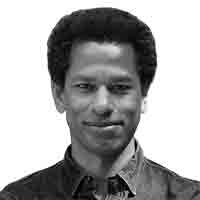Identities
Photo Illustration by Elizabeth Brockway/The Daily Beast
When Calling 911 Makes the Emergency
BLACK IN AMERICA
The ability to call in armed guards in an attempt to police black behavior is a form and direct expression of white power and privilege in America.
opinion

Trending Now




